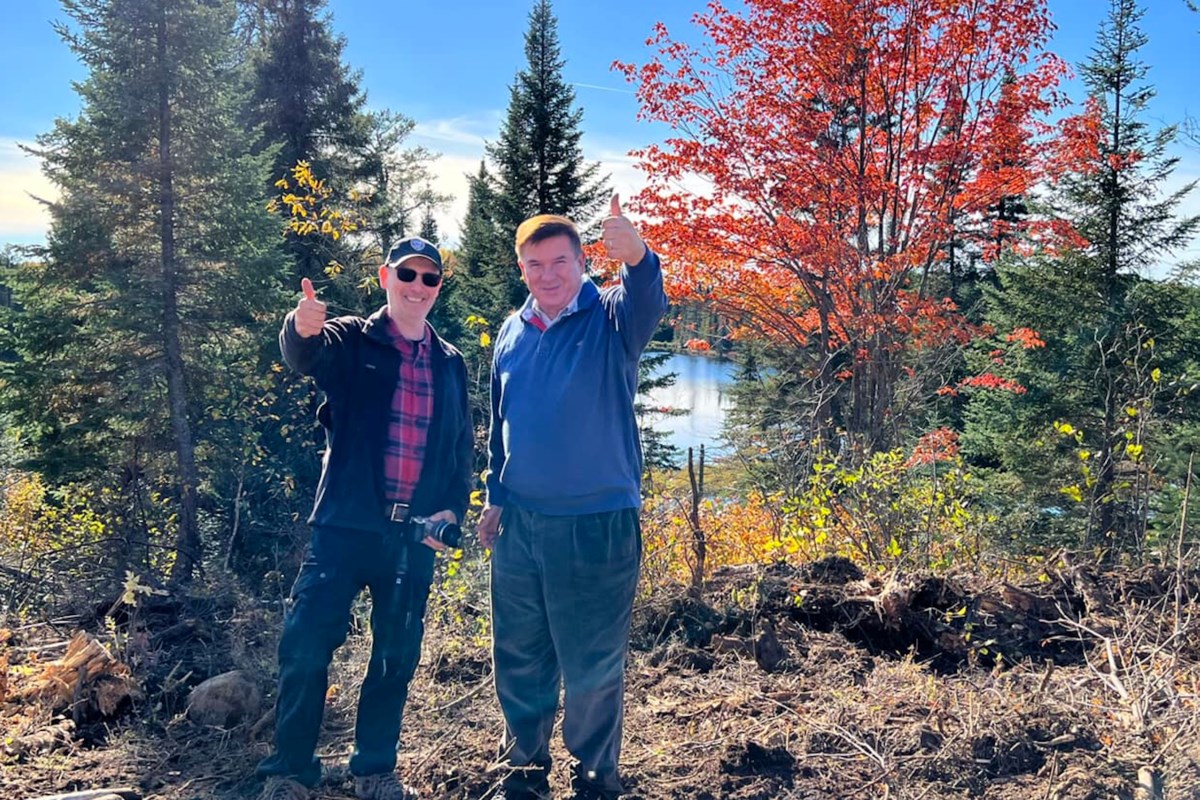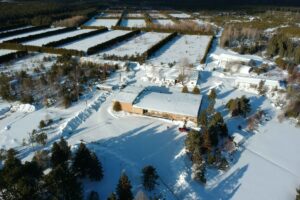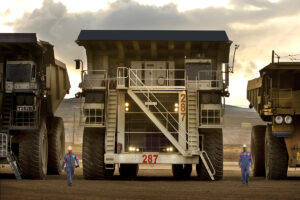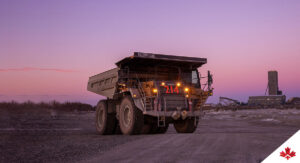International Lithium posts first-ever lithium and rubidium estimate for its Raleigh Lake project
Vancouver’s International Lithium believes there’s potential to establish an open-pit and underground lithium mining operation in the Ignace area.
The company filed a maiden mineral resource estimate (MRE) this week for its Raleigh Lake Lithium Project, 25 kilometres west of the northwestern Ontario town.
The property contains both lithium and rubidium, both are on the U.S. critical minerals list.
The company considers both metals separate and distinct and will be outlining mining scenarios for each in an upcoming preliminary economic assessment.
Raleigh holds a measured and indicated resource of more than 6.8 million tonnes of contained lithium at 0.64 per cent, and an inferred resource of 10.5 million tonnes at 0.58 per cent.
The rubidium resource stands at 822 tonnes at 0.67 per cent measured and indicated, and 521 tonnes at 0.46 per cent on the inferred category.
A measured and an indicated mineral resource means there is sufficient grade, density, shape and physical characteristics to support mine planning and evaluation of the economic viability of a deposit. An inferred resource means the available geological information is limited and usually more closely spaced drilling is done to upgrade it to a higher category of confidence.
The company conducted 13,800 metres of drilling into lithium-bearing pegmatite rock over an 18-month period. The metals found are only in a 600-hectare area of its larger 48,500-hectare property.
In addition, the company said it seeks to further define the value that could be realized from the rubidium resource through market studies.
In a statement, International Lithium Chair and CEO John Wisbey is pleased with the results on such a limited area of the property and in being able to declare a separate resource estimate for rubidium.
“This is significant because rubidium is (like lithium) on the U.S. critical minerals list, and moreover has a market price per kg as at today of around 50x that of lithium. The rubidium market, like that for caesium, is a relatively opaque one. We and our consultants will be doing a study over the next few months of the real market potential of rubidium products.”
“With the maiden MRE in hand we can begin to investigate the viability of an economic mining scenario at Raleigh Lake,” added company COO Anthony Kovacs, who’s pleased with the available infrastructure in the area.
“The greatest value addition we have before our eyes is the excellent infrastructure currently available, and servicing the project area. The cost to replicate this infrastructure in more remote areas would be unfathomable considering that the Trans-Canada Highway runs adjacent to the project as do the trans-continental CP Rail tracks, electrical power lines and natural gas pipelines. The Township of Ignace currently serves as a base camp for our operations and must also be included as a net benefit to the project’s viability.”
The company said it will continue drilling to expand the size of the resource deeper down and laterally along strike across the property.
“If a small-scale mining operation can be justified, then expanding the resource once production is underway would be less capital intensive and would also provide revenue for larger scale developments within the Raleigh Lake claim group and other projects,” said Kovacs.
Founded in 2009, International Lithium is an explorer of lithium and rare metals. The TSX-listed company holds both the Raleigh Lake Project and the Wolf Ridge Project, the latter a more grass roots lithium play, 25 kilometres southwest of Upsala in northwestern Ontario.
This article was published by: Northern Ontario Business Staff
Visit the original article here



